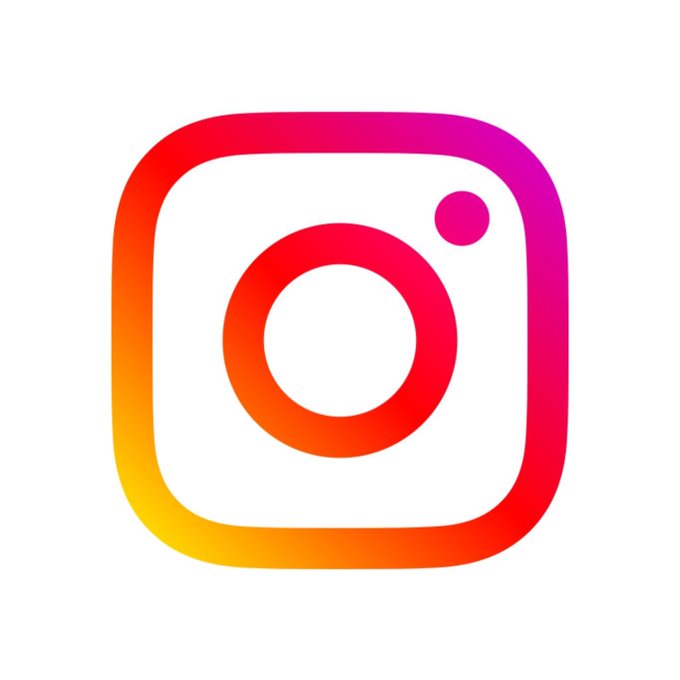NAIROBI, Kenya- As TikTok’s fate in the United States hangs in the balance, Meta is seizing the moment to woo creators with cash incentives and upgraded tools.
The tech giant, which owns Instagram and Facebook, has launched a full-court press to attract TikTok influencers to its short-form video platform, Reels.
Through its Breakthrough Bonus program, Meta is offering eligible TikTok creators up to $5,000 over three months to post content on Reels.
“We’re helping jumpstart their growth on our apps,” a Meta spokesperson said in a statement. But that’s not all: the company is reportedly dangling offers worth tens of thousands of dollars a month to influencers with large TikTok audiences, according to a report by The Information.
Apparently Instagram is paying Creators from $10,000 to $50,000 per MONTHto post on Reels before posting on TikTokIt’s their Breakthrough Bonus program and lets TikTokers make money posting ReelsSoon they’ll offer TikTokers deals to help grow their communities on IG too
Meta’s strategy includes extending the maximum length of Reels from 90 seconds to three minutes, directly competing with TikTok’s signature format.
Instagram boss Adam Mosseri also teased a new video editing app for iPhones, set to debut in February.
These moves coincide with TikTok’s flagship editing tool, CapCut, being pulled from U.S. app stores due to its association with ByteDance, TikTok’s parent company.
The backdrop to Meta’s aggressive campaign? TikTok’s rocky position in the United States.
The app has been under scrutiny over national security concerns, with lawmakers demanding ByteDance divest its ownership or face a ban.
While President Donald Trump initially paused enforcement of a ban, tensions remain high as the app faces ongoing legal and political challenges.
TikTok briefly shut down over the weekend as a sale deadline loomed, leaving millions of U.S. users in dismay.
Meanwhile, Meta appears to be capitalizing on the chaos, with Emarketer analyst Jasmine Enberg noting, “Meta’s efforts to court TikTok creators have gone from subtle to overt.”
Still, critics argue that Meta’s tactics, which some see as “blatant copycat behavior,” may alienate creators wary of the company’s alignment with the Trump administration.
Meta CEO Mark Zuckerberg has faced backlash for hosting Trump at private dinners and for discontinuing efforts to curb disinformation on Meta-owned platforms.
While the cash bonuses are tempting, analysts question whether Meta’s new features will truly sway creators.
The promise of income may be hard to resist, but creators and users alike may feel conflicted about joining a platform with a controversial history.
Some users are even exploring alternatives, such as Xiaohongshu, a Chinese app nicknamed “Red Note,” despite its language barrier.
Ultimately, where creators go, their audiences follow, and Meta is banking on financial incentives to tip the scales. “The potential of a cash bonus is going to be hard for TikTok creators to resist, regardless of how they feel about Meta,” Enberg reasoned.
As TikTok navigates its uncertain future, one thing is clear: the battle for short-form video dominance is far from over. And for creators, the allure of a platform that promises both tools and a paycheck may be too good to pass up.





